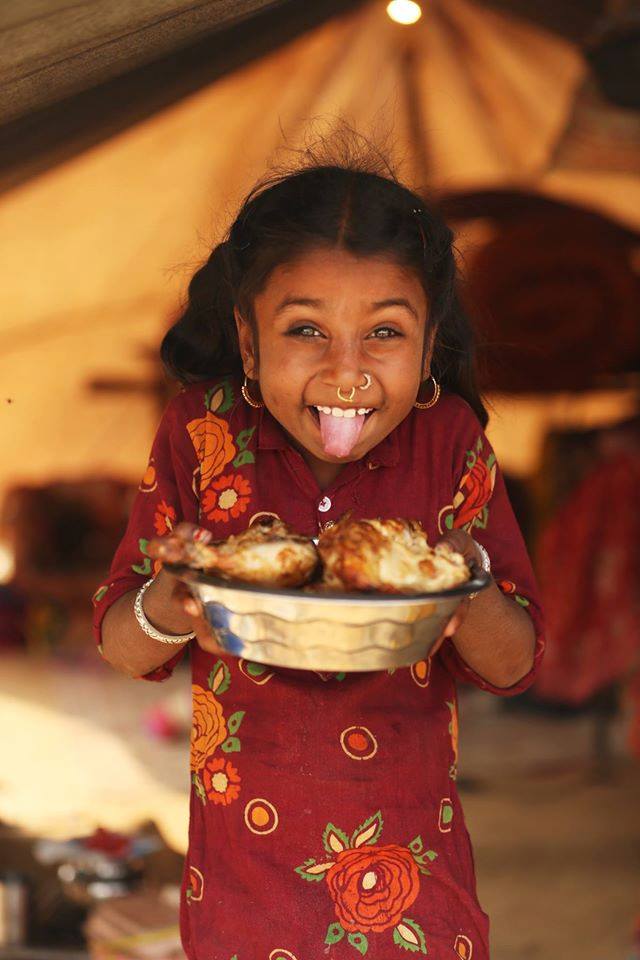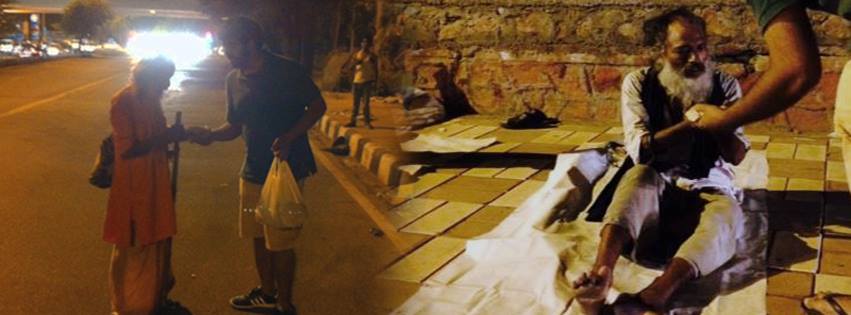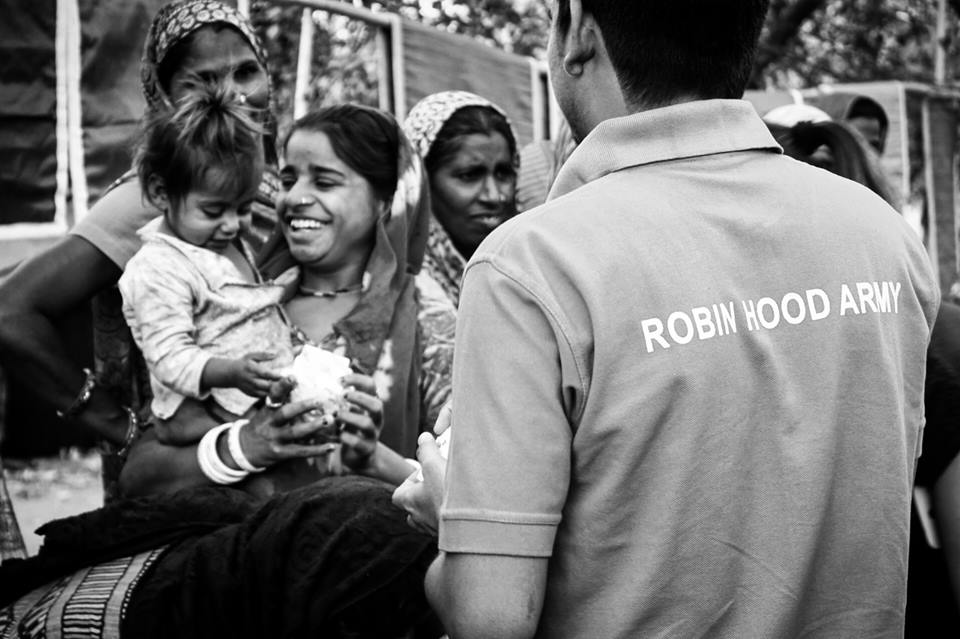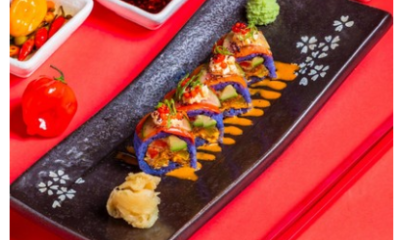Causes
Let Your Party Leftovers Serve A Cause With The Robin Hood Army
“11.3% of the world’s population is hungry. That’s roughly 805 million people who go undernourished on a daily basis, consuming less than the recommended 2,100 calories a day.”
– Food and Agricultural Organization of the UN
We’re all aware of the needs of the poverty-stricken. But how often do we really pay heed to it? No, buying a rose for 10 bucks from a kid doesn’t exactly count. Why, you ask? Well, do you know whether those 10 rupees bought him food?
Speaking of which, do you know what happens to the lavish buffet spread when the big fat wedding is over and you’re done binging on the butter chicken and dal makhni? Or where your leftover food goes after the party’s over? More often than not, these leftovers see the trash can. But there’s a battalion out to reverse this.
Enter, the Robin Hood Army. As the name suggests, the army stands for a social cause, that is, abetting the underprivileged. We spoke to RHA’s Aarushi Batra and Sanchit Jain as they guide us through the initiative.
Modern Day Robin Hoods
Started by Anand Sinha and Neel Ghose in August 2014, the Robin Hood Army started as a Re-Food Program from Delhi, feeding almost 150 hungry tummies. Co-founder Neel Ghose had served as a volunteer in a similar program in Portugal and wanted a similar clockwork in India.
The army is essentially a group virtuous Robins that bridge the gap between food and the hungry. “We take leftover food from restaurants and this food is distributed amongst those who need it. We primarily target clusters like people living under flyovers, people who don’t have a roof over their head and populated shelters”, explains Batra, who heads the Army’s Social Media.
The RHA ‘Chapters’
With a fruitful beginning in Delhi-NCR with just 6 people, the group became an army and spread its branches across borders with chapters in certain neighboring countries. “Currently we are in 23 cities across Indian and Pakistan. We’ve also launched our chapters in Malaysia and Indonesia.
“The basic idea is to make it as micro and hyper local as possible. For example, if a Robin is in Greater Kailash, he/she should be able to make sure that all the restaurants in the vicinity are not putting away leftovers in the dustbin”, Batra adds.
NOT An “NGO”
All the Robins comprising the Army are working professionals and the Robin Hood Army and though technically it is a registered NGO, it doesn’t function like a typical one. “We don’t employ anyone, it’s an out and out voluntary job. We meet up on Sundays, have meetings and then we go to our different locations.”
The organization sets itself apart from other “charities” and “NGOs” by implying simple fundamentals like not taking any monetary contribution and simply functioning on goodwill and the Robins’ willingness to take time out.
The Food
Talking about the quality of food distributed, Batra said: “We maintain a standard request with restaurants to give us food only if it’s fit for consumption by you and me. Don’t give away bad or stale food just because an ‘underprivileged’ person is going to be eating it.
We also make sure that the food distributed by us is consumed within a given time; we don’t want them to eat it two days later because that can be very risky and unsafe. ”
RHA gets in touch with restaurants or caterers for leftover grubs and mostly they’re more than happy to give away any surplus food. In the case of private parties, the hosts can contact the Army for the same through their website or Facebook page.
Decentralization & Other Challenges
With an aim at making the initiative as micro as possible, decentralization came about as an issue for the core team. The team wanted to make every Chapter sustainable and responsible for its own self. That said, it wasn’t something the team could overcome. Clearly.
“For me, decentralization was a big hurdle”, explains Sanchit Jain, who is a part of the Expansion Team, “That and the necessity to stabilize each chapter as one strong unit came across as that had to be done.”
“We also wanted restaurants to feel comfortable with the idea of the Re-food Program. They were slightly hesitant considering their name was on the line and if someone fell sick, the restaurant would have to shoulder the blame”, Batra adds.
Karmic Give & Take
“Food is a big part of the society – both in Indian and in Pakistan. It is something that ties all of us together. Food is our core”, says Jain, explaining the need to ensure a proper meal for every one. With truckloads of memories and stories to share, Sanchit comes up with the one that has stuck with him:
“We were on a blanket drive during peak winters in Delhi. It was extremely cold, and when I handed out a blanket to this person on the pavement told me ‘bhaiya I wasn’t sure whether I’d make it through the night or not. This blanket is a godsend.”
– Sanchit Jain
“You’re giving something to them, but they don’t realize how much they are giving to us in return”, adds Aarushi as I nearly choke on a lump in my throat.
In a short span of less than 2 years, RHA has been successful in serving over half a million people with 3,500 Robins on board spread across 23 cities in India and Pakistan. And they’re just getting started.
Like their idea? You too can join the Robin Hood Army here!
Images: Facebook (Robin Hood Army)
Feature Image: Huffington Post























